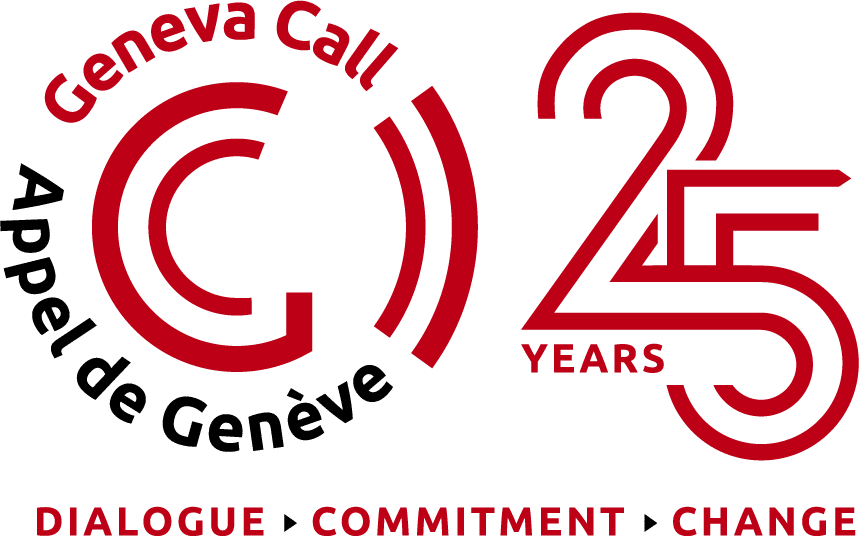Geneva Conventions and armed movements: an unprecedented move
4 August 2015
The Polisario Front—an armed movement struggling for the independence of Western Sahara—is now formally bound by the Geneva Conventions and its Additional Protocol I (API).
On 23 June 2015, the Polisario Front deposited a unilateral declaration by which it undertook to apply the Geneva Conventions and the API in its armed conflict with Morocco. Switzerland has been the depository state of the Geneva Conventions and their Additional Protocols since their creation.
This declaration was made under Article 96, para 3 of the API. Under this article, an authority representing a people struggling for self-determination has the possibility to undertake to apply the Geneva Conventions and the API in the types of conflicts that are defined by Article 1, para 4 of the API. However, this possibility is only open to authorities opposing a State which is itself a party to this Protocol.
Switzerland has notified the declaration to the States Parties, thereby confirming that the Conventions and the API are applicable to this situation. This constitutes the first time that an armed movement’s declaration under Article 96 has been accepted by the depositary state.
The Polisario Front has been in dialogue with Geneva Call on international humanitarian norms for over fifteen years. It signed the Deed of Commitment banning anti-personnel mines in 2005 and has undertaken five AP mine stockpile destructions since then. Geneva Call has also given several training courses on international humanitarian law to the Polisario Front’s military commanders and instructors.

